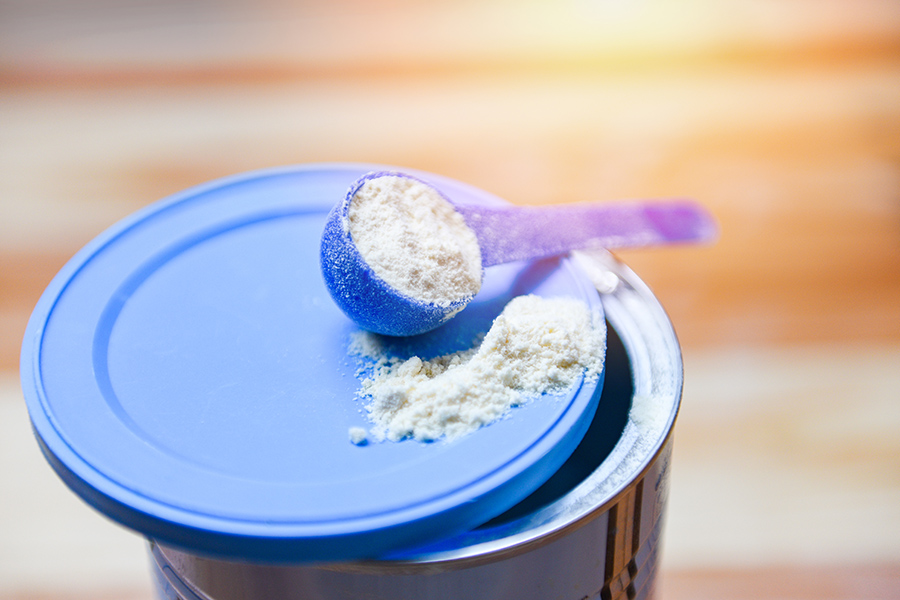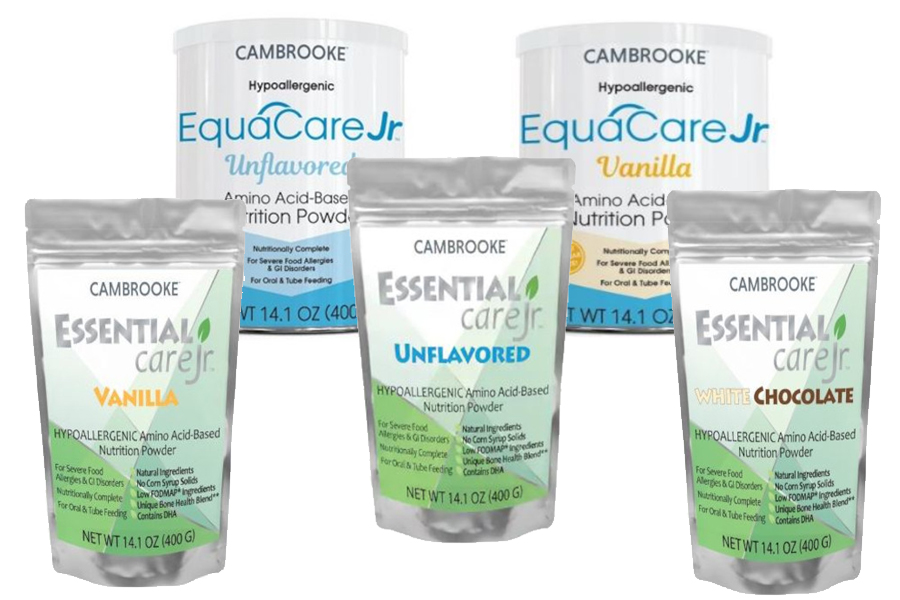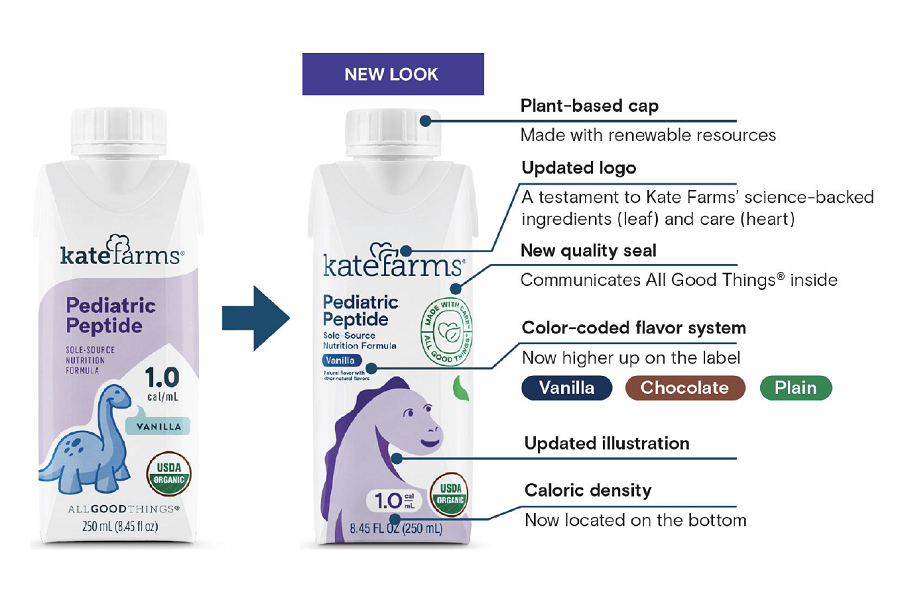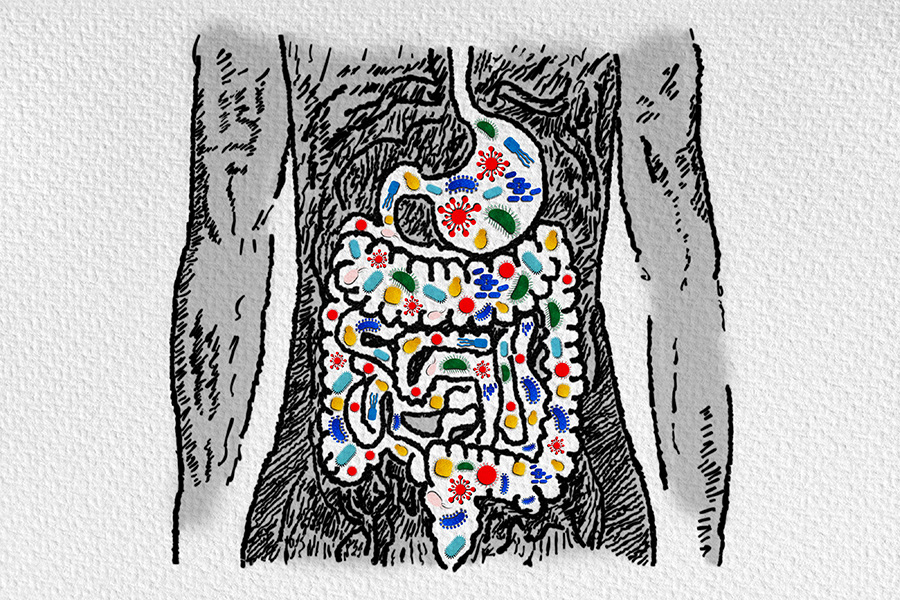Nearly 19 million Americans suffer from Gastroesophageal Reflux Disease (GERD), or chronic heartburn that strikes two or more days per week, despite treatment and diet changes.
Heartburn and acid regurgitation into the mouth are common symptoms of GERD. Here are some less common signs you may not know about:
- Chronic sore throat
- Inflammation of the gums
- Bad breath
- Dysphagia
- Nausea
- Chest pain, most often after eating
Patients fed into the stomach via gastrostomy tube are at risk for GERD, especially those confined to a bed. While many drugs are available and routinely used to treat reflux, such as antacids, H2 receptor blockers and proton pump inhibitors, other modifications may be made to minimize the symptoms of reflux associated with feedings.
- Elevate the head of the bed to at least 6 inches, or 30-45 degrees
- Encourage your patient to stay upright for at least 1 hour following a feeding
- Leave at least 3 hours between the last feeding and bedtime
- Consider smaller volumes of formula for bolus feedings
- Consider slower feedings via gravity or pump if bolus feeding are not tolerated
For patients experiencing delayed gastric emptying as well as GERD, a change in formula may be in order. Formulas lower in fat tend to digest more quickly; formulas with predominantly whey protein have also successfully been used to speed up gastric emptying time. Both can potentially help by decreasing the likelihood of formula regurgitation during episodes of reflux.
Pain with GERD results from the regurgitation of acidic gastric or intestinal secretions. If left untreated, chronic severe reflux can lead to esophageal erosion and Barrett’s Esophagus, an abnormality in the lining which increases risk of esophageal cancer.
Your Shield HealthCare Registered Dietitian can assist you in choosing an appropriate formula and feeding schedule to minimize symptoms of reflux while maximizing your patients’ nutritional status.
For more information, see related articles and resources here:
- Nutrition for Acid Reflux – Gastroesophageal Reflux Disease (GERD)
- How To Consume Fewer Calories
- How to Burn More Calories Every Day
- Whole Grain: Why You Need It + Recipes
- Recorded Webinar: The Complete Nurse’s Guide to Tube Feeding
Shield HealthCare | Stronger with Shield
























